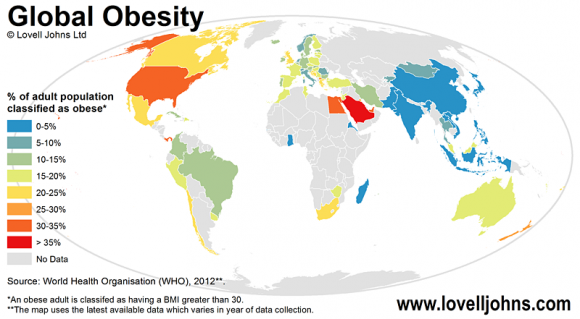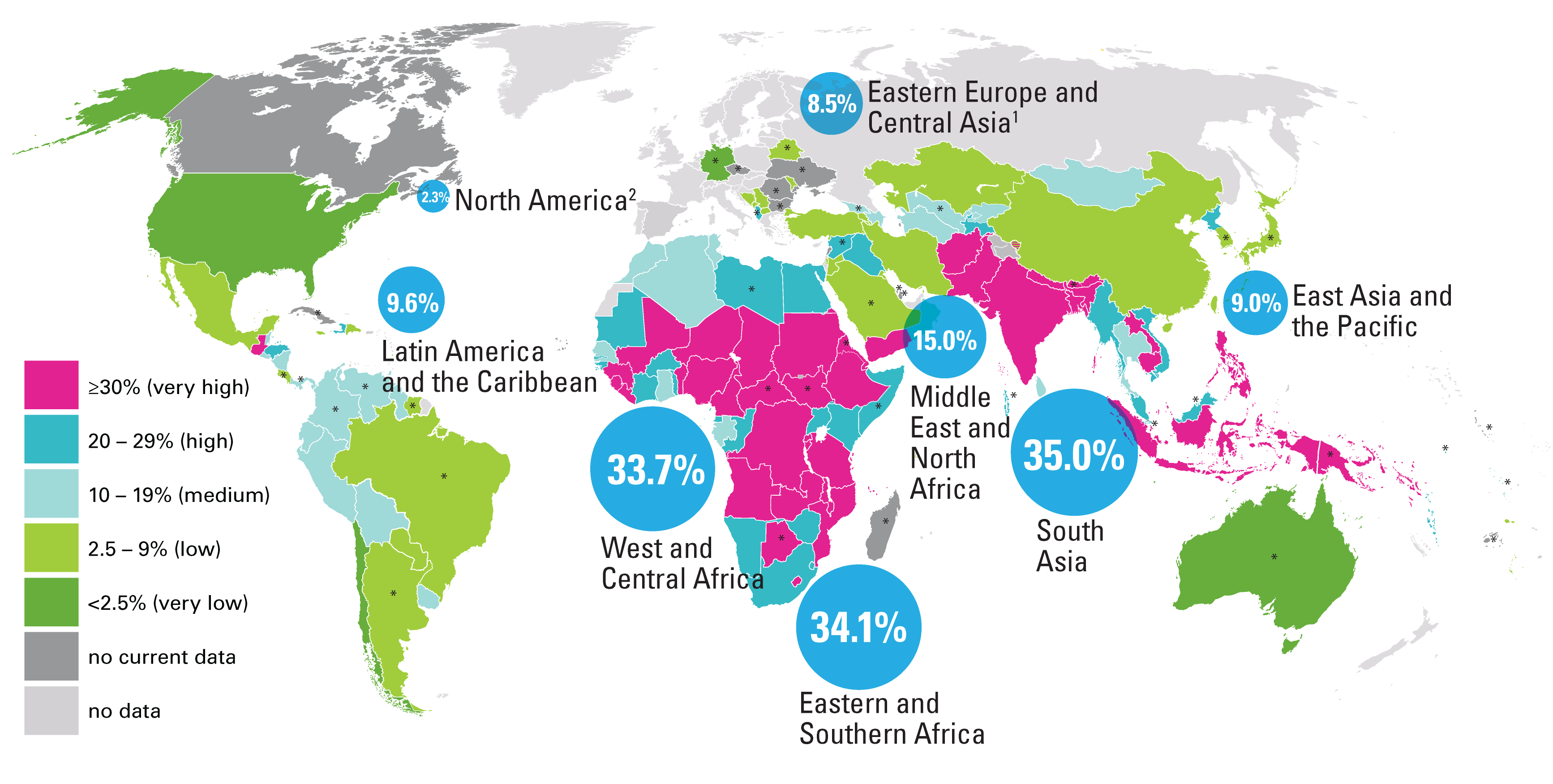By Prof Boyd A Swinburn, MD Vivica I Kraak, PhD Prof Steven Allender, PhDVincent J Atkins Phillip I Baker, PhDJessica R Bogard, PhDHannah BrinsdenAlejandro CalvilloProf Olivier De Schutter, PhDRaji DevarajanProf Majid Ezzati, FMedSciProf Sharon Friel, PhDShifalika Goenka, PhDRoss A Hammond, PhDProf Gerard Hastings, PhDProf Corinna Hawkes, PhDMario Herrero, PhDProf Peter S Hovmand, PhDProf Mark Howden, PhDLindsay M Jaacks, PhDAriadne B Kapetanaki, PhDMatt Kasman, PhDProf Harriet V Kuhnlein, PhDProf Shiriki K Kumanyika, PhDProf Bagher Larijani, MDTim Lobstein, PhD Michael W Long, PhDVictor K R Matsudo, MDSusanna D H Mills, PhDGareth Morgan, PhDAlexandra Morshed, Patricia M Nece, JDProf An Pan, PhDDavid W PattersonGary Sacks, PhDMeera Shekar, PhDGeoff L SimmonsWarren Smit, PhDAli Tootee, PhDStefanie Vandevijvere, PhDWilma E Waterlander, PhDLuke Wolfenden, PhDProf William H Dietz, MD, The Lancet, January 29, 2019
Abstract. Malnutrition in all its forms, including obesity, undernutrition, and other dietary risks, is the leading cause of poor health globally. In the near future, the health effects of climate change will considerably compound these health challenges. Climate change can be considered a pandemic because of its sweeping effects on the health of humans and the natural systems we depend on (ie, planetary health). These three pandemics—obesity, undernutrition, and climate change—represent The Global Syndemic that affects most people in every country and region worldwide. They constitute a syndemic, or synergy of epidemics, because they co-occur in time and place, interact with each other to produce complex sequelae, and share common underlying societal drivers. This Commission recommends comprehensive actions to address obesity within the context of The Global Syndemic, which represents the paramount health challenge for humans, the environment, and our planet in the 21st century.
For the full text click here.
 |
| Geography of obesity |
 |
| Geography of malnutrition |
Abstract. Malnutrition in all its forms, including obesity, undernutrition, and other dietary risks, is the leading cause of poor health globally. In the near future, the health effects of climate change will considerably compound these health challenges. Climate change can be considered a pandemic because of its sweeping effects on the health of humans and the natural systems we depend on (ie, planetary health). These three pandemics—obesity, undernutrition, and climate change—represent The Global Syndemic that affects most people in every country and region worldwide. They constitute a syndemic, or synergy of epidemics, because they co-occur in time and place, interact with each other to produce complex sequelae, and share common underlying societal drivers. This Commission recommends comprehensive actions to address obesity within the context of The Global Syndemic, which represents the paramount health challenge for humans, the environment, and our planet in the 21st century.
For the full text click here.
No comments:
Post a Comment